FBI Director Kash Patel Under Fire: Congressional Grilling Over Epstein Files Cover-Up Allegations Sparks Explosive Confrontations
FBI Director Kash Patel Under Fire: Congressional Grilling Over Epstein Files Cover-Up Allegations Sparks Explosive Confrontations
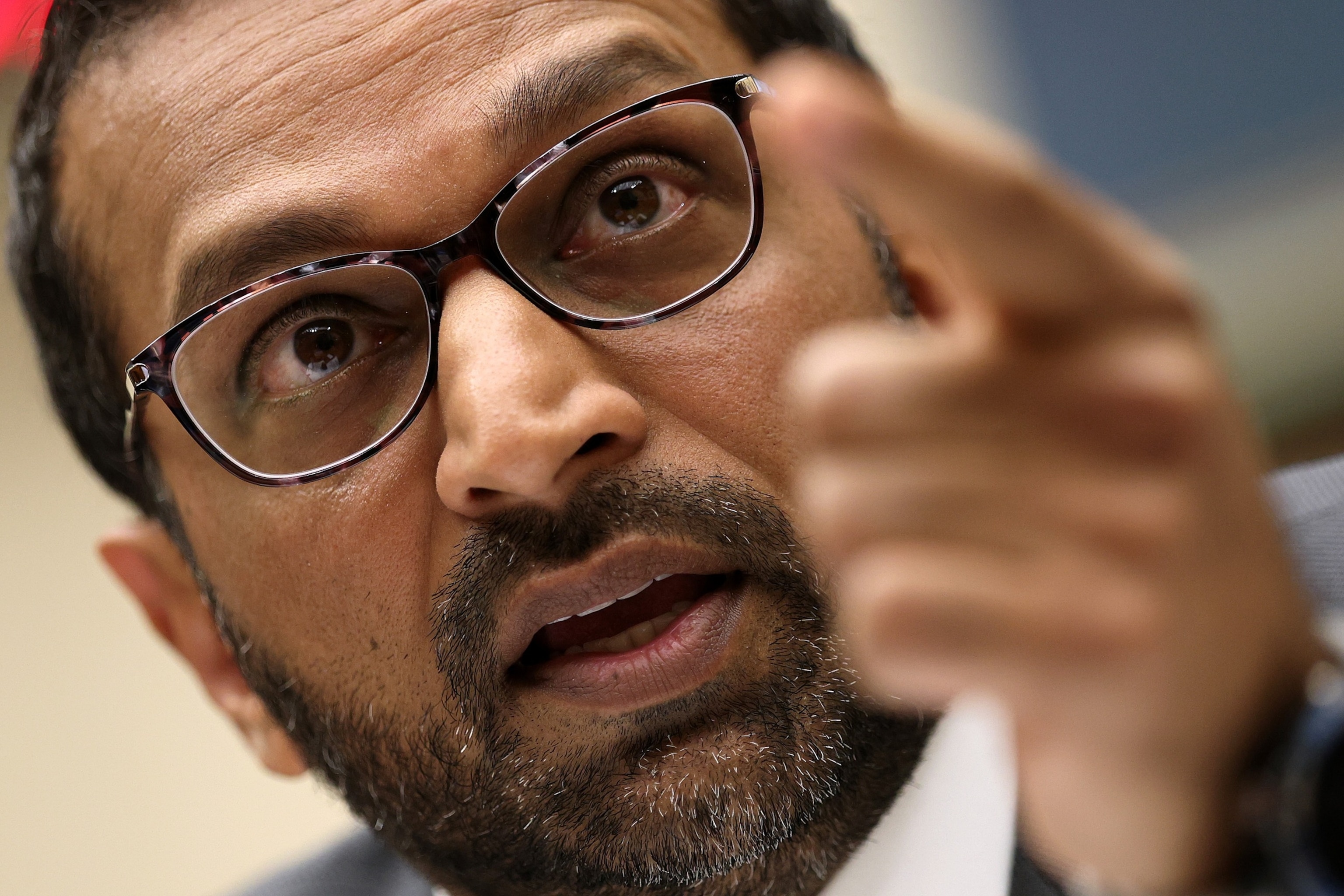
Table of Contents
Explosive Congressional Hearing Reveals Deep Tensions
FBI Director Kash Patel faced one of the most contentious congressional hearings in recent memory this week, as lawmakers from both parties grilled him over his handling of the Jeffrey Epstein files and allegations of a systematic cover-up. The two-day testimony before the Senate and House Judiciary Committees has ignited a firestorm of controversy that threatens to engulf the Trump administration's law enforcement priorities.
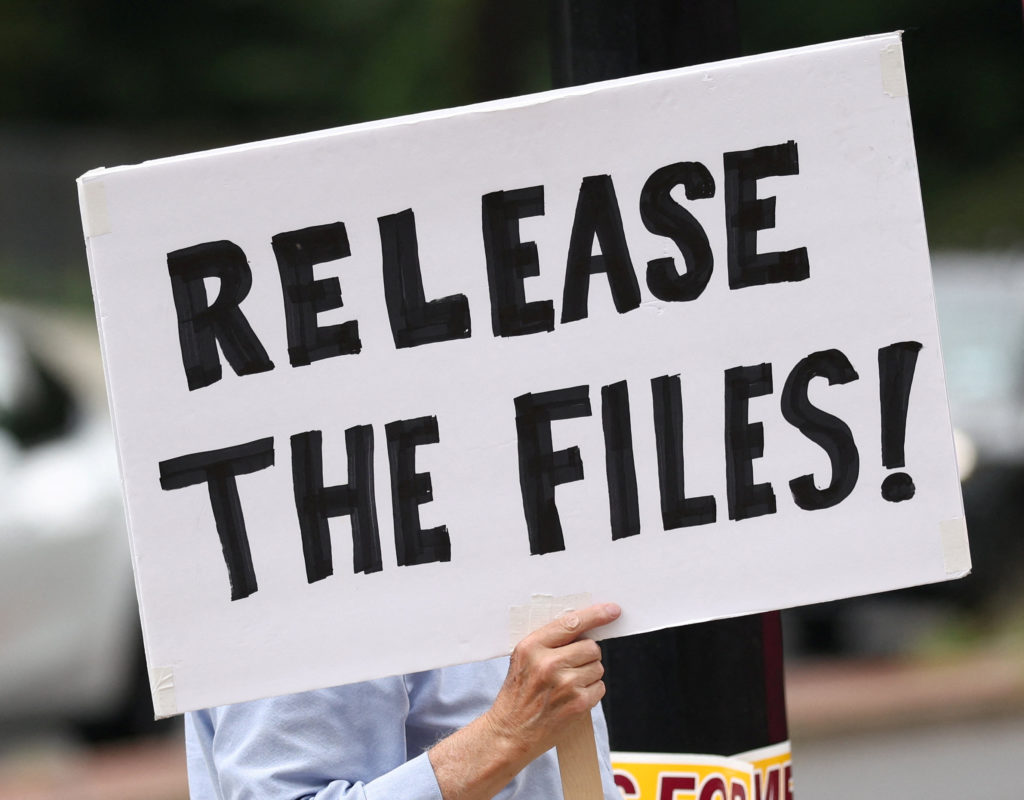
The hearings, which stretched over five hours on Wednesday alone, showcased the deep partisan divide over transparency in one of the most high-profile criminal investigations in recent history. Democratic lawmakers accused Patel of orchestrating a cover-up to protect high-profile individuals, while Republicans largely defended the FBI director's claims of legal constraints preventing full disclosure.
The Epstein Files Controversy: Promises vs. Reality
The central issue revolves around Patel's dramatic shift from crusader for transparency to apparent guardian of secrecy. Before becoming FBI Director, Patel publicly stated that the only reason the Epstein files hadn't been released was "because of who's on that list." This statement, made during a right-wing podcast interview, has now become a weapon against him in congressional hearings.

Ranking Member Jamie Raskin directly confronted this contradiction, asking Patel: "In a few short months, how did you go from being a crusader for accountability and public transparency for the Epstein Files to being part of the conspiracy and cover-up?" The question encapsulates the frustration felt by many lawmakers who expected Patel to follow through on his previous promises of transparency.
What Files Have Been Released?
Earlier this month, the House Committee on Oversight and Government Reform released tens of thousands of records related to Epstein, provided by the Department of Justice. However, a review of these documents reveals they consist primarily of:
- Public court filings and transcripts from Ghislaine Maxwell's trial
- Previously released flight logs from Epstein's aircraft
- Already public Bureau of Prisons communications from the night of Epstein's death
- Various public court papers from Epstein's Florida criminal case
Critics argue this falls far short of the comprehensive disclosure promised by Patel and expected by Congress and the public.
Heated Exchanges Reveal Deep Frustrations

The hearings were marked by several explosive confrontations that laid bare the deep tensions surrounding the Epstein investigation. Democratic Representative Eric Swalwell created one of the most memorable moments when he directly challenged Patel's credibility.
"I called b------- on Patel's claims about courts preventing the release of documents," Swalwell declared, repeatedly trying to get a direct "yes or no" answer about whether Patel had informed Attorney General Pam Bondi that President Trump's name appeared in the Epstein files.
Patel's response was equally fiery: "I'm going to borrow your terminology and call b------- on your entire career in Congress, which is a disgrace to the American public."
The Trump Connection Controversy
One of the most contentious aspects of the hearing involved questions about Donald Trump's appearance in the Epstein files. While Trump's name does appear in the released documents, Patel consistently refused to answer direct questions about whether the president's name appears in files still held by the FBI.
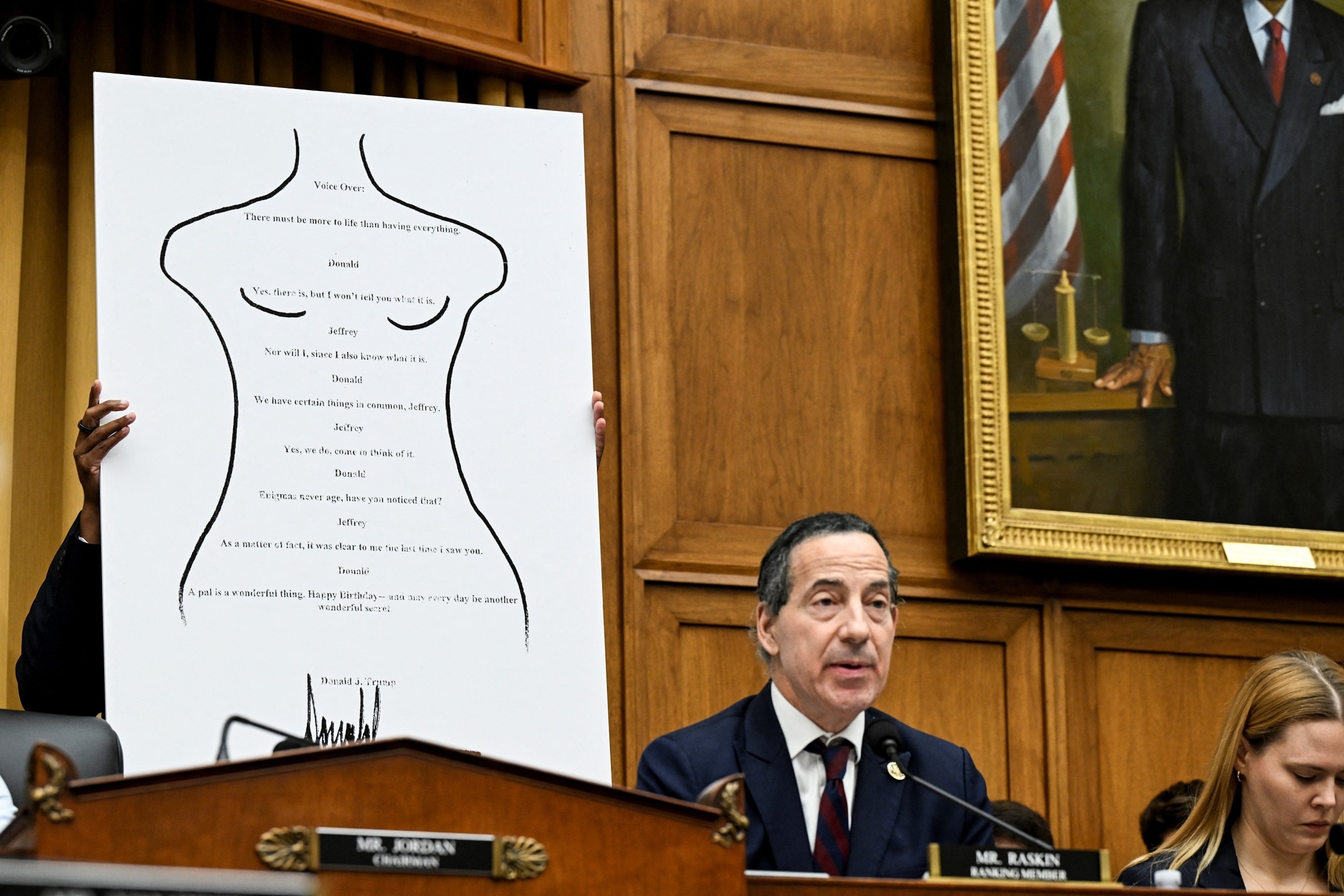
The controversy intensified when House Democrats displayed what they claimed was a birthday letter from Trump to Epstein, found in Epstein's "birthday book." Trump has denied writing the letter, calling it "fake," but the document has become a focal point for Democrats arguing that the FBI director is protecting the president.
Cover-Up Allegations and Legal Justifications
Patel's defense has consistently centered on claims that court orders prevent him from releasing additional Epstein files. However, this assertion has come under intense scrutiny from legal experts and lawmakers who argue that no such blanket restrictions exist.

Representative Daniel Goldman was particularly pointed in his criticism: "You are hiding the Epstein files! You are part of the cover-up." When Patel responded that the FBI is "releasing as much as legally allowed," Goldman and other Democrats pushed back, arguing that the FBI director has broader authority than he claims.
Blocked Subpoenas and Missing Evidence
Perhaps most significantly, Republicans blocked four Democratic motions to subpoena critical information related to the Epstein investigation:
- Bank Records: Subpoenas for CEOs of JP Morgan Chase, Bank of New York Mellon, Bank of America, and Deutsche Bank regarding $1.5 billion in suspicious transactions
- Treasury Documents: Subpoena for Treasury Secretary Scott Bessent to produce suspicious activity reports
- FBI Deputy Director: Subpoena for FBI Deputy Director Dan Bongino's testimony and documents
- Prison Records: Subpoena for Bureau of Prisons regarding Ghislaine Maxwell's transfer to minimum-security facility
Notably, Representative Thomas Massie was the only Republican to break ranks, voting with Democrats on these subpoena requests.
Charlie Kirk Investigation: A Defensive Victory?
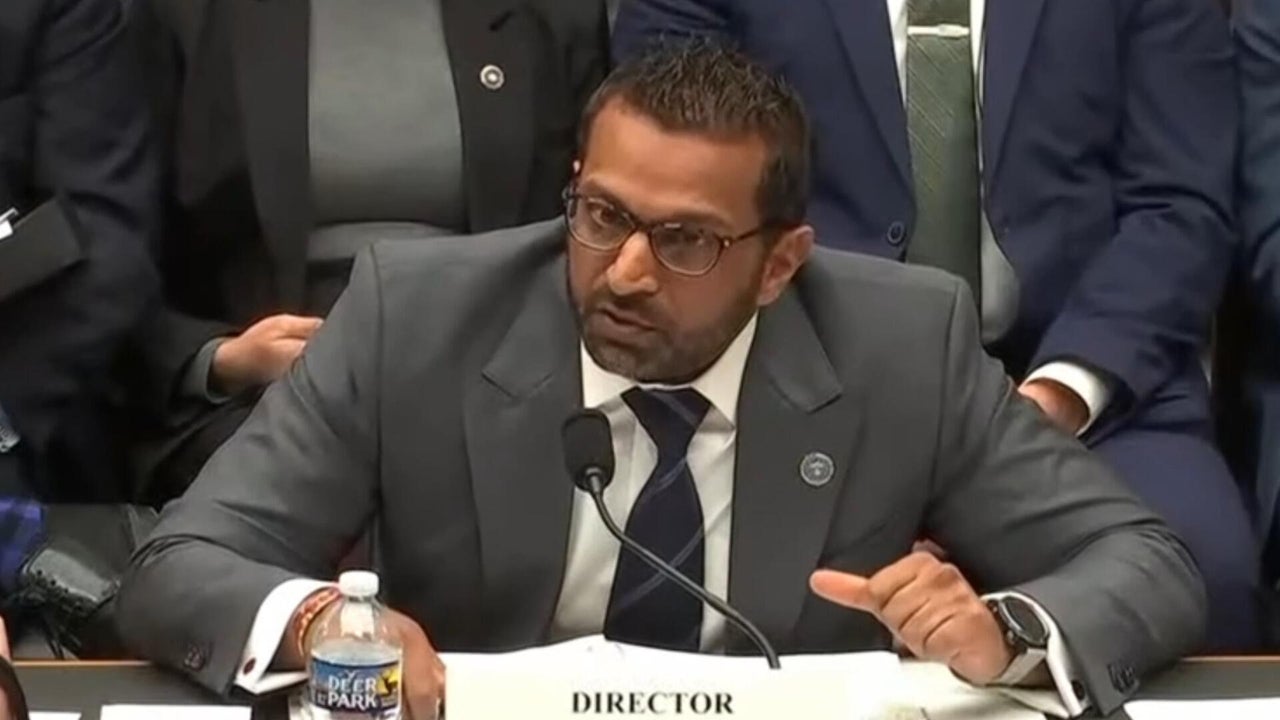
Patel used his opening statement to highlight what he portrayed as the FBI's successful handling of the Charlie Kirk assassination investigation. The conservative activist and influencer was killed last week, and Patel credited FBI efforts under his leadership with the rapid apprehension of suspect Tyler Robinson.
"Because of the video that the FBI released under my direction, because of the photographs that they released, they identified their son," Patel said, referring to the suspect's identification through family recognition of released materials.
However, Democrats challenged even this apparent success story, with Representative Jasmine Crockett criticizing Patel for posting updates about the case while dining at an upscale New York restaurant, and for making multiple erroneous posts during the investigation.
FBI Restructuring Raises National Security Concerns
Beyond the Epstein controversy, Democrats raised serious concerns about Patel's restructuring of the FBI and its impact on national security. Multiple lawmakers highlighted the firing of experienced agents and the redirection of resources away from critical functions.

Representative Lucy McBath specifically addressed the gutting of the FBI's Domestic Terrorism Operation Section: "Instead of ensuring that this section has all the resources that it needs at a time when its mission is critical, you fired its decorated veteran FBI agents who have served their country proudly under Republican and Democratic presidents."
Agent Firings and Political Retaliation
The hearings revealed troubling details about the dismissal of experienced FBI personnel. Representative Deborah Ross outlined specific cases:
- Brian Driscoll: Former acting director with nearly 20 years of service and a Medal of Valor, fired for his role in January 6th investigations
- Steve Jensen: Nearly two decades of service running terrorism and counterintelligence operations, also terminated for January 6th work
Representative Chuy Garcia highlighted reports that "nearly every agent on Baltimore's domestic unit who was investigating the 764 group of child predators was diverted to work on immigration enforcement full time," forcing them to abandon investigations of violent predators targeting children online.
Political Implications and Future Outlook

The contentious hearings reflect broader tensions about the role of the FBI under the Trump administration and raise questions about Patel's long-term effectiveness as director. His combative approach with lawmakers, while appealing to Trump's base, may complicate future cooperation with Congress.
The Epstein files controversy is particularly damaging because it undermines Patel's credibility with his own supporters, many of whom supported his nomination specifically because of his promises to release these documents. The failure to deliver on this central promise while claiming legal constraints that experts dispute puts Patel in a precarious position.
Congressional Response and Next Steps
Democrats have signaled they will continue pressing for transparency through other means, including potential legislative action to compel document release. The blocked subpoenas represent just the first round of what promises to be an ongoing battle over Epstein-related materials.
Republicans, meanwhile, face the challenge of defending Patel while potentially disappointing constituents who expected the Epstein files to be released under Trump's second term.
Frequently Asked Questions
What are the Epstein files that everyone is talking about?
The Epstein files refer to FBI investigative materials related to Jeffrey Epstein's sex trafficking operation, including witness interviews, financial records, and evidence collected during the investigation. While some materials have been released, critics argue the most significant documents remain hidden.
Why can't the FBI Director release the files if he wants to?
Patel claims court orders prevent release, but legal experts and lawmakers dispute this, arguing that the FBI director has substantial discretionary authority to release investigative materials, especially in cases where the primary subject is deceased.
Does Trump's name appear in the Epstein files?
Trump's name appears in some released Epstein-related documents, but Patel has refused to answer whether the president's name appears in files still held by the FBI. Appearing in files doesn't necessarily indicate wrongdoing.
What happened during the Charlie Kirk investigation that Patel mentioned?
Conservative influencer Charlie Kirk was assassinated last week. The FBI quickly identified and arrested suspect Tyler Robinson, 22, who has been charged with aggravated murder. Patel credits FBI work under his direction for the rapid resolution.
Why are FBI agents being fired according to Democrats?
Democrats allege Patel is firing experienced agents for political reasons, particularly those who worked on January 6th investigations. Republicans dispute claims of political retaliation, but acknowledge significant personnel changes are underway.
What were the subpoenas that Republicans blocked?
Republicans blocked Democratic attempts to subpoena bank CEOs about suspicious Epstein-related transactions, Treasury Secretary Bessent for financial records, FBI Deputy Director Bongino for testimony, and Bureau of Prisons officials about Ghislaine Maxwell's prison transfer.
Conclusion: A Director Under Siege
FBI Director Kash Patel's congressional testimony this week revealed a law enforcement leader under intense pressure from multiple directions. His inability to deliver on promises regarding Epstein file transparency, combined with controversial personnel decisions and combative interactions with lawmakers, suggests turbulent times ahead for the FBI's leadership.
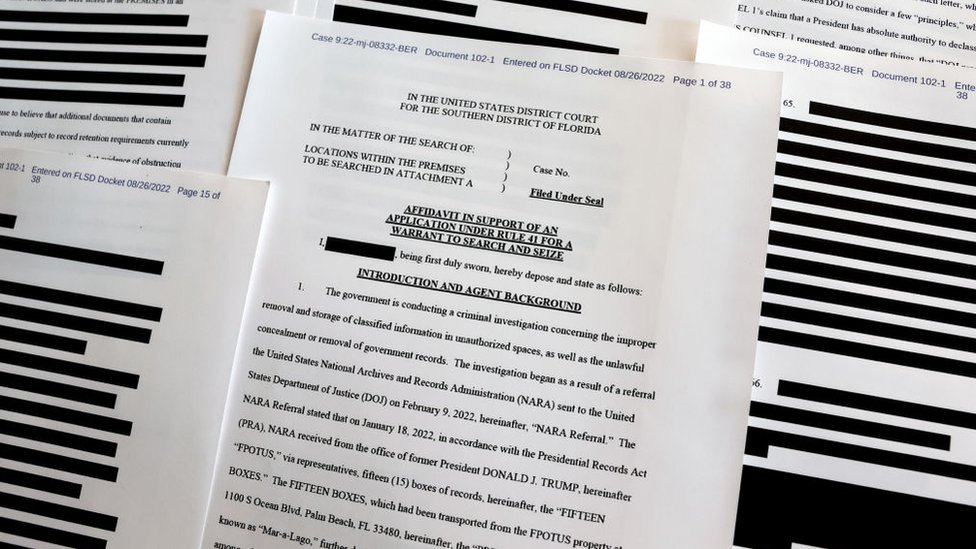
The hearings highlighted fundamental questions about transparency, accountability, and the politicization of federal law enforcement. As Democrats promise continued pressure for document release and Republicans defend Patel's leadership, the controversy surrounding the Epstein files appears far from over.
For the American public, these hearings raise serious concerns about whether the FBI can effectively serve its mission while navigating intense political pressures. The coming weeks will likely determine whether Patel can recover his credibility or if the controversy will continue to undermine his effectiveness as the nation's top law enforcement official.
Stay Informed on This Developing Story
This story continues to evolve as congressional investigations proceed. Bookmark this page for updates on the Epstein files controversy and FBI Director Kash Patel's ongoing challenges. Share your thoughts on transparency in federal law enforcement in the comments below.
